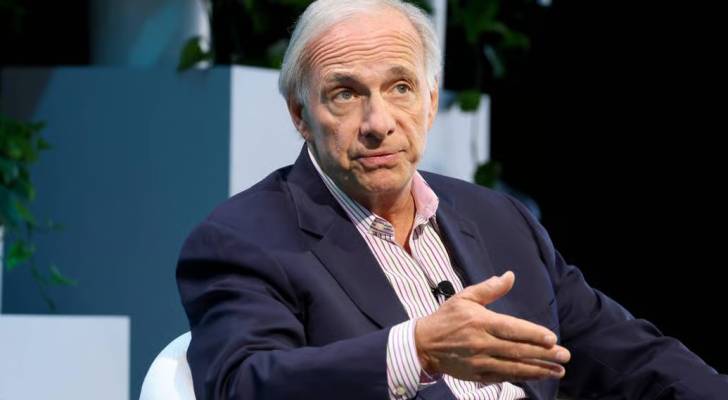I’m 65, nearly retired, with a $2M nest egg and no real debt. Do I need to keep paying for a financial planner when I’m this close to the finish line?

A 2025 Northwestern Mutual survey found that Americans think it will take $1.26 million to retire comfortably. Must Read Real Estate: Thanks to Jeff Bezos, you can now become a landlord for as little as $100 — and no, you don’t have to deal with tenants or fix freezers. Here’s how Retirement: Dave Ramsey warns […]
America is ‘going broke slowly,’ says JPMorgan — here’s how to keep your portfolio safe as the national debt reaches a staggering $38 trillion

Is your portfolio safe from U.S. fiscal policy? Fiscal policy decides the tax rates you pay and the government’s spending, and the 2026 fiscal year (FY) for the federal government just began last month. Must Read Real Estate: Thanks to Jeff Bezos, you can now become a landlord for as little as $100 — and […]
Four in 10 young Canadians not investing TFSA funds: TD

Many young Canadians are missing out on one of the easiest ways to grow their money, according to a new survey from TD. While 65% of Canadians hold a Tax-Free Savings Account (TFSA), four in 10 (41%) Gen Z and Millennial account-holders admit they aren’t investing the funds inside — a habit that could diminish […]
Rich, young Americans are ditching the stock market. Here are the alternative assets they’re banking on instead

This article adheres to strict editorial standards. Some or all links may be monetized. Warren Buffett, Elon Musk, and Jeff Bezos are among the wealthiest Americans who ever lived. The majority of their wealth is in stocks. But when it comes to investing in the stock market, today’s rich young Americans are not following in […]
My wife and I want to leave California to retire in Tallahassee — but we don’t know a soul there. Should we prioritize cost of living over community?

Many people dream about retirement, but can you picture yourself retiring in a place where you don’t know anybody? Now imagine the dilemma Jim and Anne are facing. The couple is approaching retirement, and they’re eyeing Tallahassee because of the cost of living and lifestyle. There’s just one snag: they don’t know a single person […]
Federal Budget 2025 bets big on business — and why that matters to Canadian investors and workers

After 18 months without a federal budget, Ottawa is finally putting its money where its mouth is — and the focus is clearly on investing in Canadian business to help restart Canada’s stalled economy. Framed as an “investment budget,” Prime Minister Mark Carney’s first fiscal framework focuses mostly on big-ticket investment-driving items, rather than spending […]
There is such a thing as money for nothing: 5 creative ways to turn cash gifts you get for the holidays into a New Years windfall

Gifting money for the holidays often gets a bad rap. To some it feels impersonal, uninspired, even lazy — as if the gifter couldn’t bother taking the time to consider one single present that you might appreciate. On the contrary, those who give money are often loved ones who mean well but may not know […]
Missouri man’s wife spends thousands on Christmas, including $3K on stocking stuffers. Dave Ramsey says it’s time for ‘a little common sense’

The holiday season typically brings plenty of cheer, but it can also bring with it a heavy dose of financial stress. Just ask Dale from Missouri, who recently called into The Ramsey Show with a holiday headache (1). His wife loves Christmas traditions, but many of them involve gift giving, which results in them spending […]
Ray Dalio says nothing matters more than choosing the right partner — do you match on these 3 crucial money principles?

There are a lot of qualities we might look for in a life partner: trustworthiness, shared values, maybe a sense of humour. One that might not be top of mind is whether you have a similar money mindset — but it’s an important factor to consider. There’s “no more important decision” than picking the right […]
Stop overpaying for these 5 things ASAP

The price of almost everything – from a carton of eggs to a pound of steak – remains stubbornly high. A Canadian family of four is expected to spend $16,833.67 on food in 2025 — an increase of more than $800 from 2024 grocery costs, according to Canada’s Food Price Report produced by several Canadian […]